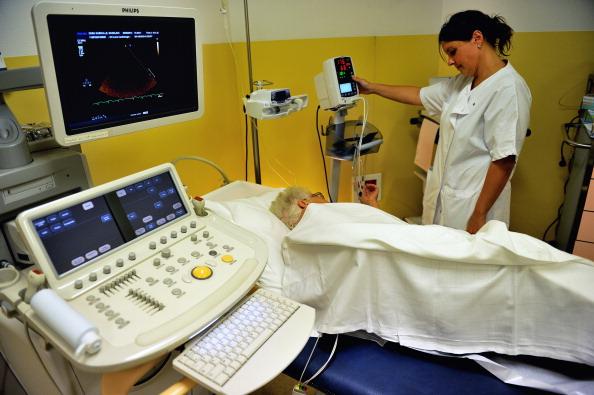Less than a week ago, an Atlanta OB-GYN and his former staff members were indicted for Medicaid fraud by the Georgia Attorney General’s office. A Fulton County Grand Jury returned indictments against Nathaniel Johnson, III, Jeff Romeus and Jasmin Tunica-El in Fulton County Superior Court last week. Johnson is an obstetrician and gynecologist who formerly owned and operated Regency Professional Services for Women (Regency), where Romeus and Tunica-El worked.
Johnson, Romeus and Tunica-El allegedly fraudulently billed Medicaid using Johnson’s provider number for services that were not rendered. It is also alleged that Johnson allowed Romeus to practice medicine at Regency between 2005 and 2008 without a valid license.
In another case, Merck & Co. will pay $950 million dollars for misbranding and selling Vioxx nationally. Some salesman claimed that Vioxx treats rheumatoid arthritis without FDA approval while it was only approved in 1999 as a painkiller. According to the government, Merck representatives made inaccurate, unsupported statements about Vioxx’s cardiovascular safety in order to increase the sales of the drug. The government also said Merck made false statements to Medicaid agencies about the drug’s safety. They will pay $950 million to the federal government for illegal marketing.
Most recently, Diakon Hospice Saint John erroneously submitted claims to Medicare for over six years. Diakon operates one of the oldest hospices in Pennsylvania, and has agreed to resolve its liability for paying for violations of the False Claims Act for $10.56 million.
Earlier this year, Diakon voluntarily disclosed to federal authorities that it had received improper Medicare and Medicaid payments. The U.S. Attorney’s Office for the Middle District of Pennsylvania and the U.S. Department of Health and Human Services’ Office of the Inspector General announced the settlement last week. By voluntarily disclosing its improper billing practices, Diakon reduced the legal penalties and negotiated a settlement.



